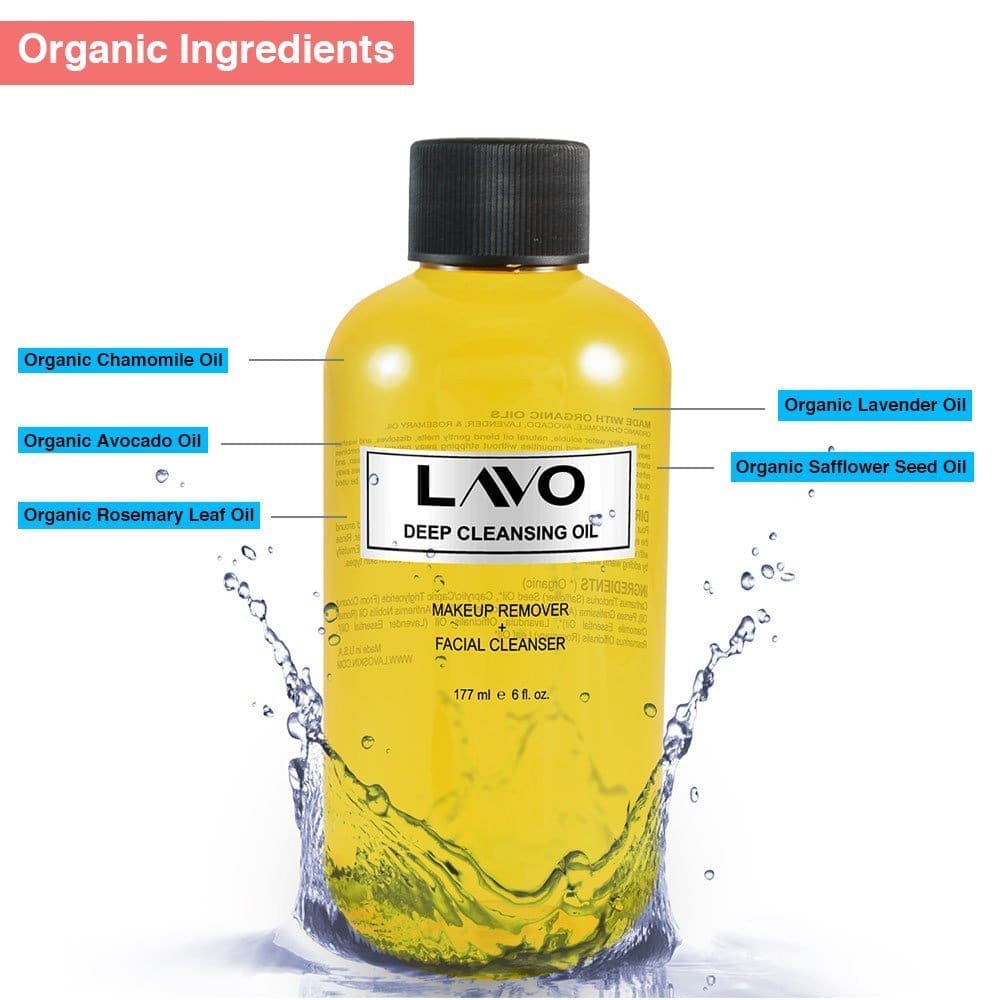Evolving Your Diet: 3 Tips to Becoming a Happy Vegan!!
Evolving Your Diet: 3 Tips to Becoming a Happy Vegan
In the age of amazingly realistic “fake meats” on the market, there is simply no excuse for eating the real deal anymore. However, becoming a healthy vegan requires more than simply giving up meat—in addition to working out how to deal with a lack of dairy products, you also have to deal with the social and emotional aspect of choosing an animal-free dietary lifestyle. The implications of this can have more of an impact on your life than you might realize, which is why it helps to get prepared and launch into your journey with some semblance of a plan. In this way, not only can you ensure that you’ll be continuing to get proper nutrition from your meals, but you’ll also be ready to face many of the most typical pitfalls many new vegans experience during their first few months of veganism. Here are three tips for going vegan that will hopefully help you along your way to becoming a happier, healthier, more compassionate you.
3. Don’t Skip your Favorite Meals—Reinvent Them
For many, the idea of becoming a vegan means to undertake a life of dietary austerity, relegating yourself to a life of “rabbit food” and tofu. This couldn’t be further from the truth! While it certainly is important to eat your “rabbit food,” there is absolutely no reason for you to have to give up the look and taste of your favorite meals. It’s especially important in the beginning of your vegan journey to surround yourself with as many meal options as possible, and the more you can learn to make your old favorite foods in ways that avoid animal products, the less likely you are to revert back to eating meat or dairy products.
With the vast amount of meat replacers out there, recreating your favorite dishes is truly a cinch: they now make vegan chicken, turkey, ground beef, buffalo wings, vegetarian chicken, and many other amazingly realistic meat substitutes. These “fake” meats typically cook just like actual meat does, so there won’t be too much of a learning curve for you in the kitchen. In many cases, vegans come to learn to enjoy the taste of these meatless meats to the point of preferring them to real meats.
2. Reach Out for Support (and Meal Ideas)
One of the best resources you can find as you begin your vegan journey: veteran vegans, particularly ones who love to cook and share recipe ideas. The Internet makes finding them as easy as a quick search engine query for vegan meal ideas, vegan support groups, vegan nutrition, vegan meet-ups, and other related searches. There are hundreds of vegan recipe blogs out there to help you recreate your favorite meat-laden meals into delicious animal-free versions of themselves.
You will probably be quite surprised to learn how seasoned vegans can create foods that taste exactly like the animal or dairy products you used to love. Even the seemingly most difficult of food items—ricotta cheese, for example—can be effectively recreated using nuts or other vegan ingredients. It may take a little more time to prepare than simply opening a container, but the rewards far exceed the preparation time and effort.
1. Don’t Take Them Personally
It is so peculiar when otherwise well-educated and seemingly compassionate individuals react negatively to learning you are starting a vegan lifestyle, isn’t it? Even though it may hurt your feelings, try your best not to take their attitudes personally. Many people in our society have difficulties dealing with the reality of a meat-based diet. Being so disconnected from the origins of our food makes it easy to forget that meats do indeed come from a once-living animal.
As undercover footage of animal abuse in slaughterhouses and factory farms continues to worm its way into social media and even television in some instances, people are being forced to reevaluate their own eating behaviors. Many of them don’t want to do this; most were raised on meat and have come to associate meats with good nutrition, happy holiday meals, and other emotions. Simply maintaining a vegan diet and being willing to answer any questions they may have will go a long way toward potentially changing some minds and hearts. If you’re met with hostility, try your best to remember that it isn’t you they are angry with—it’s their own inner struggle to continue the justification of eating meat that is manifesting in their behaviors towards you.





2 Comments
Pingback:
Sarah L
Hmm. Can I have fish? That’s what I eat most of the time. Not into beef or pork.